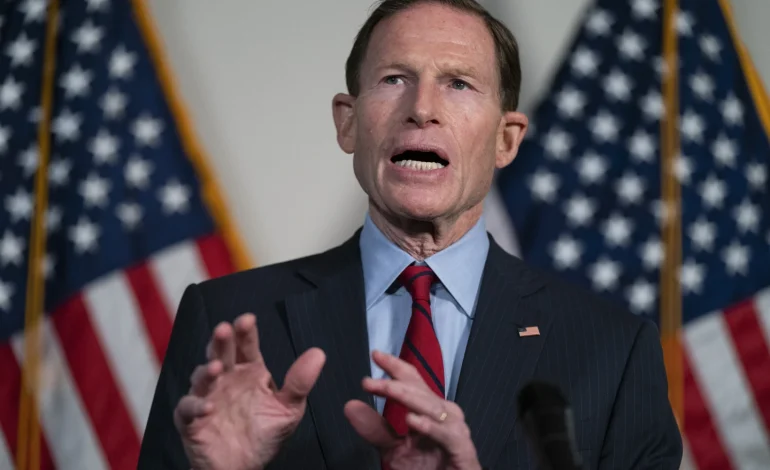A recent report from the Senate’s Permanent Subcommittee on Investigations has criticized the US Commerce Department’s efforts to limit China and Russia’s access to advanced computer chips, stating that these efforts have been “inadequate,” the Associated Press reports.
The report suggests that more funding and resources are needed to curb these nations’ ability to use US-made technology in the development of advanced weapons.
The Biden administration first imposed export controls on sensitive technologies, including computer chips, to prevent China and Russia from accessing components that could enhance their military capabilities. This move came after Russia’s invasion of Ukraine in 2022. However, according to the subcommittee’s findings, the Bureau of Industry and Security (BIS) within the Commerce Department lacks sufficient resources to effectively enforce these controls. The report also notes that BIS has relied too heavily on voluntary compliance from US chipmakers.
Currently, BIS operates with a budget of approximately $191 million, which has remained largely unchanged since 2010 when adjusted for inflation. In response, a Commerce Department spokesperson acknowledged that while the agency works diligently, it requires additional resources from Congress to better address the evolving national security challenges posed by these export controls.
Democratic Sen. Richard Blumenthal of Connecticut, chair of the subcommittee, pointed to examples of Russian military units acquiring US chips through front companies in Hong Kong. This, he said, demonstrates the failure of current export controls. Blumenthal called for immediate action to stop companies from allowing US chips to fuel Russian military efforts and China’s technological advancements. Texas Instruments, one of the companies named in the report, reiterated its commitment to complying with export control laws and investigating any illicit diversion of its products.
The report also highlighted a troubling trend in exports to countries like Armenia and Georgia, where US chips were funneled to Russia despite export restrictions. The subcommittee suggests that China has also established smuggling networks to bypass US export controls, allowing them to continue using American-made technology. Despite these challenges, the Biden administration has expanded its efforts to target Chinese companies with export restrictions, while also encouraging increased domestic chip manufacturing in the US.
One of the key issues identified by the report is the shortage of experts with knowledge of China and the Chinese language within BIS, which hampers its ability to fully enforce the controls. The agency currently has only 11 export control officers globally, which limits the number of physical verifications it can conduct to ensure that chips are not diverted to unintended end-users.









